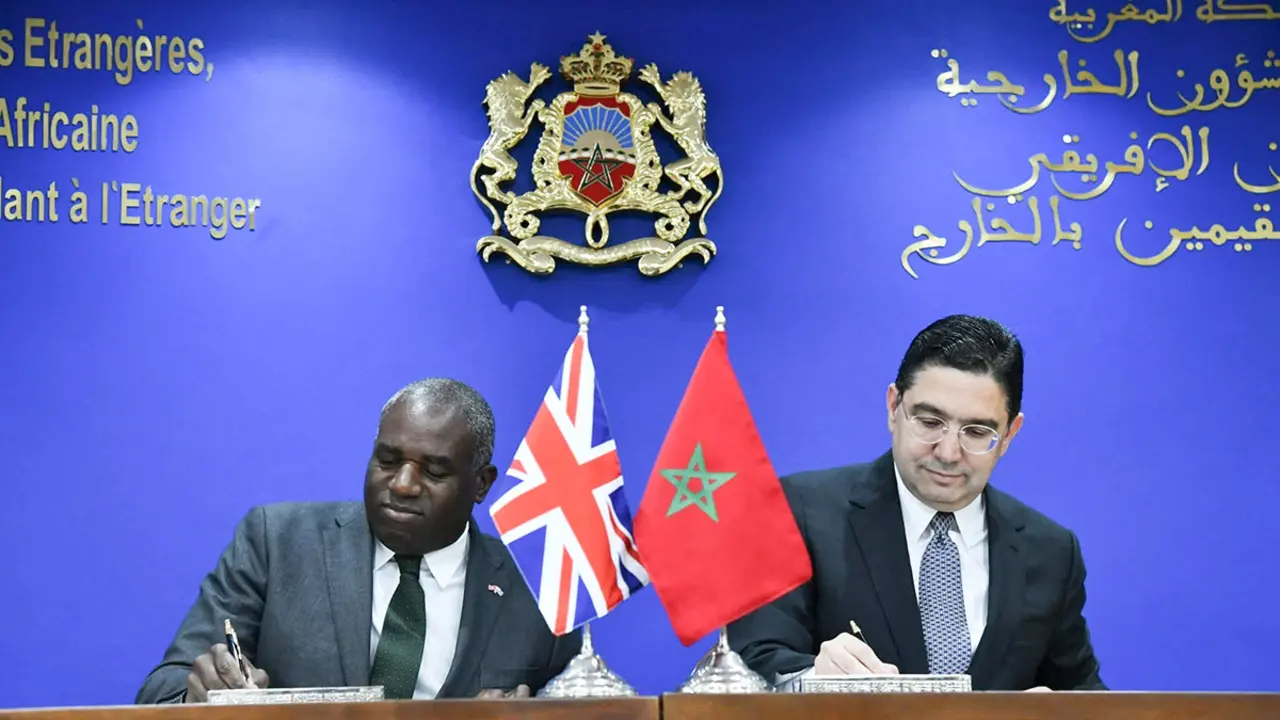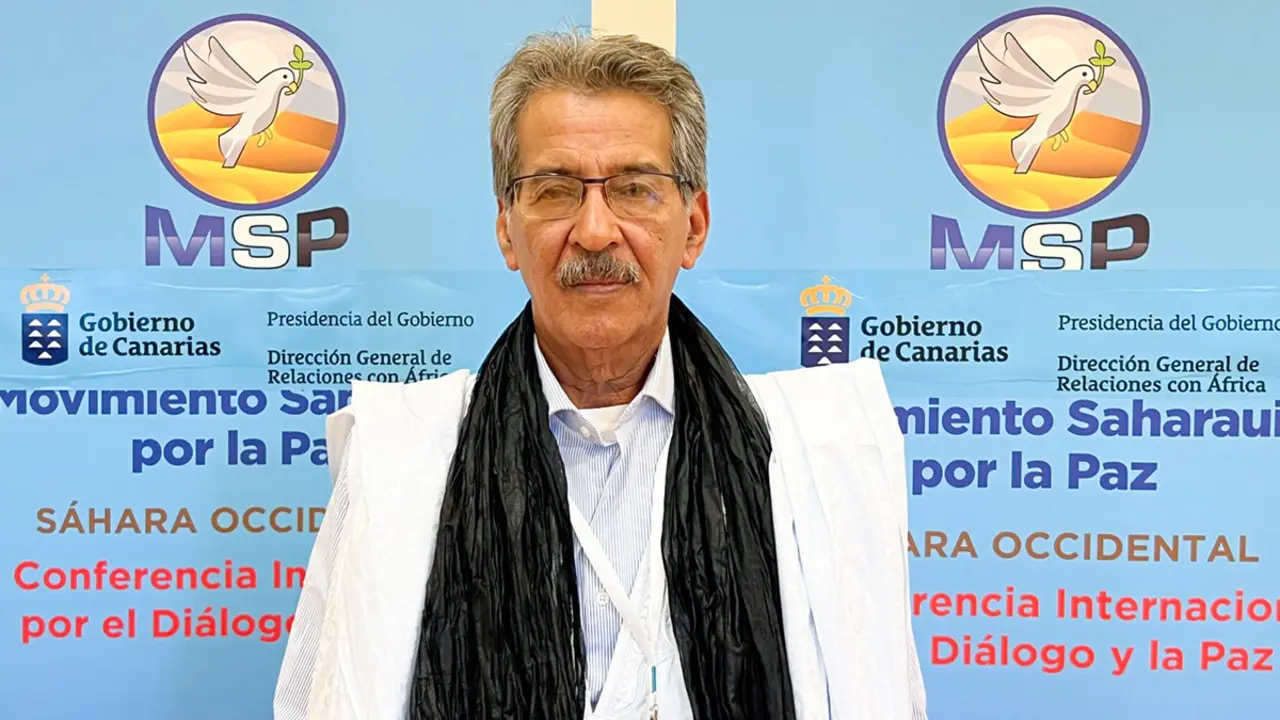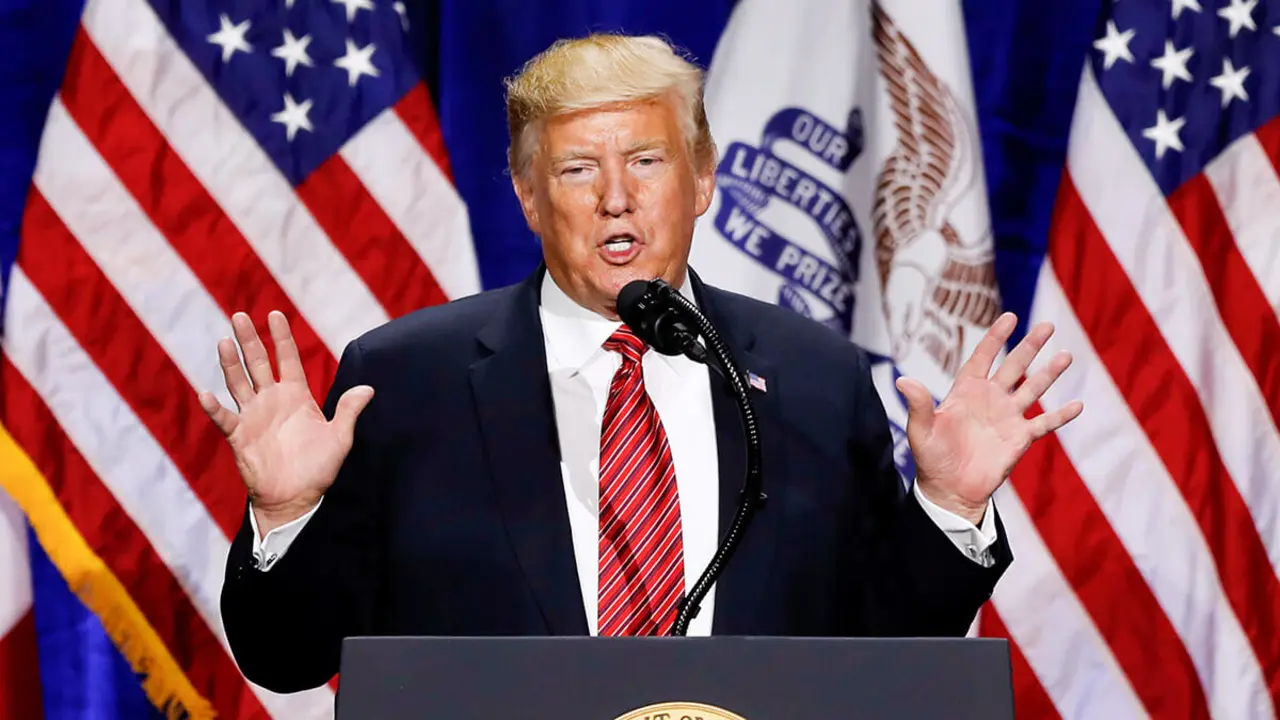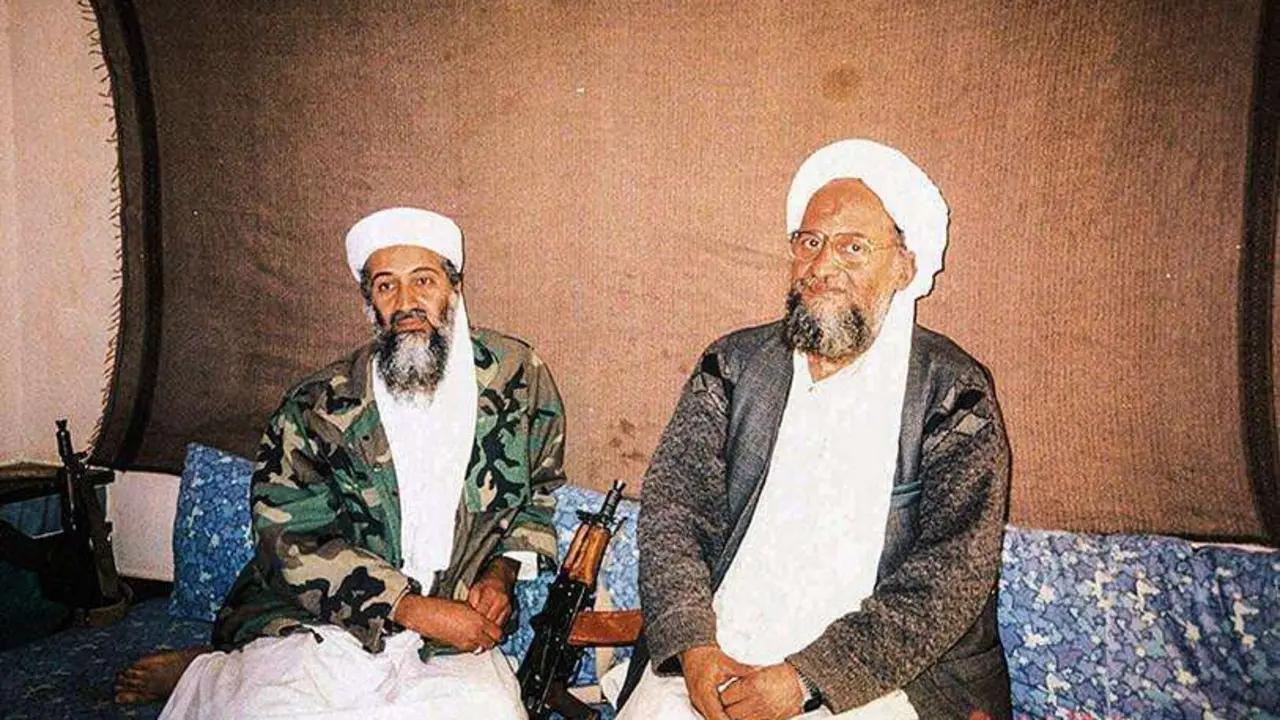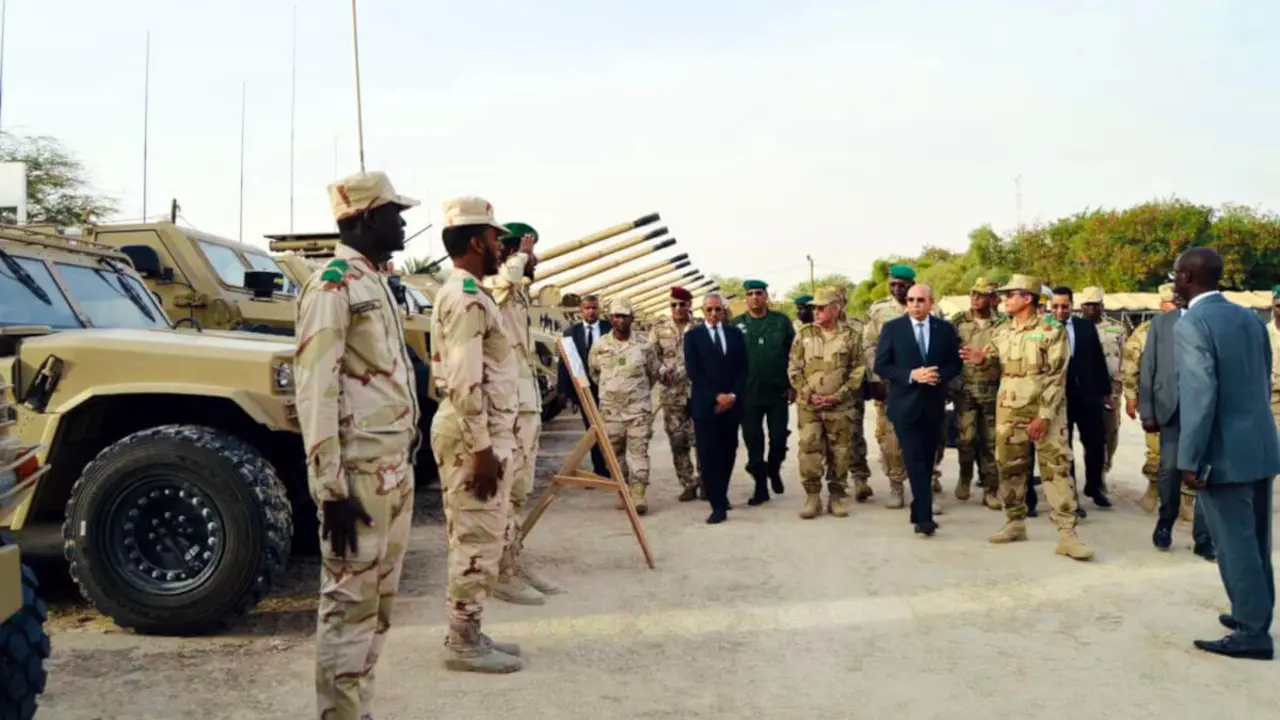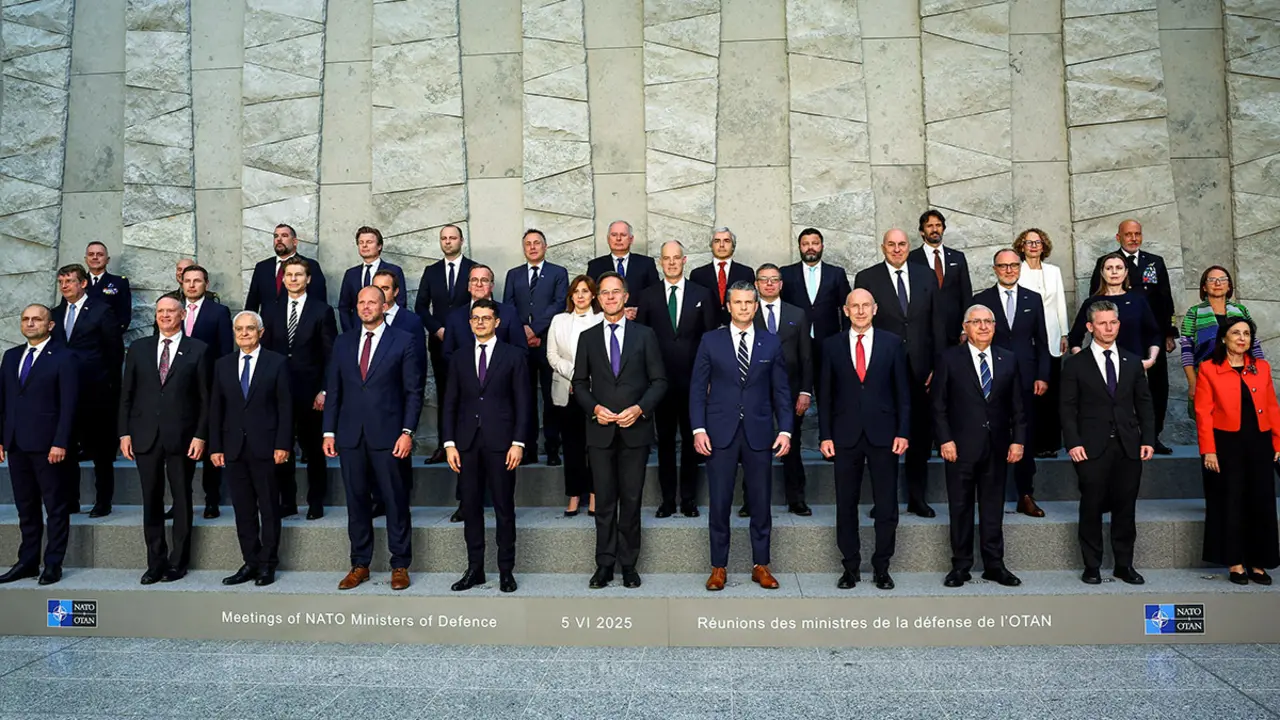Iran boosts enrichment by pumping out uranium gas
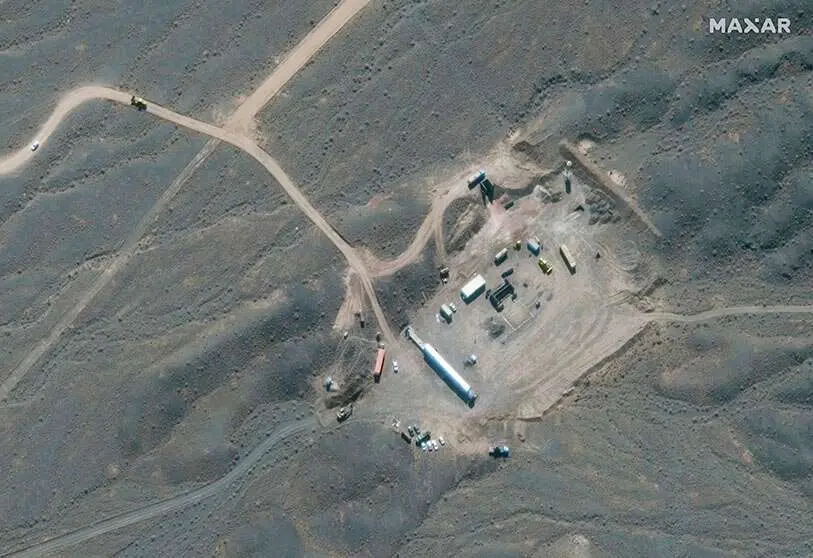
Tehran has pushed for uranium enrichment with next-generation centrifuges at its main nuclear site, according to a report. The news marks the latest step in breaking the 2015 nuclear agreement.
Iran has begun pumping uranium hexafluoride gas (UF6) into the cascade of advanced IR-2m centrifuges installed at an underground plant in Natanz, Reuters said, citing an International Atomic Energy Agency (IAEA) report. The UF6 gas is used during uranium enrichment.
The latest report by the International Atomic Energy Agency (IAEA) stated that Iran has reserves of enriched uranium of 2,449 kilos, well above the maximum limit of 300 kilos established in the nuclear pact with the major powers.
The IAEA has asked Iran for clarification, as it considers the information provided on a suspicious site to be "not technically credible", according to a report consulted on Wednesday 11 November by the AFP in Vienna.
In 2007 the United Nations imposed a formal arms embargo on the Iranian theocracy amid growing tension over the Persian country's nuclear programme.
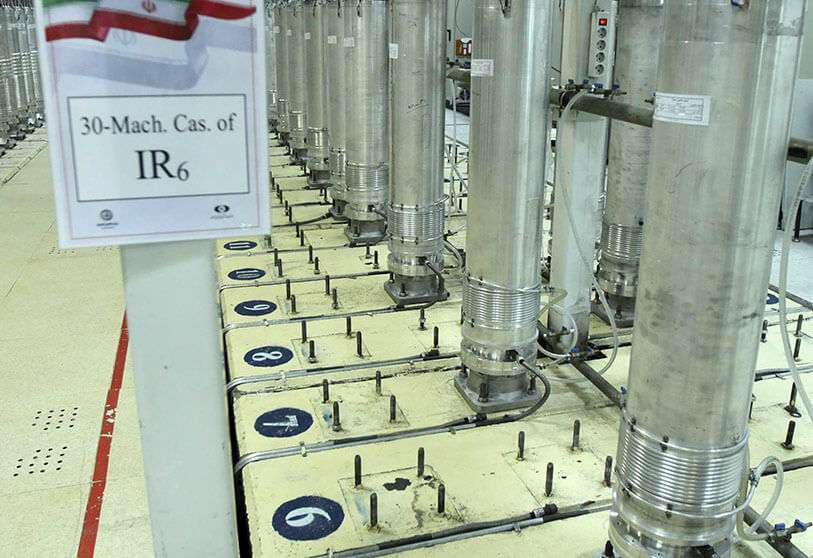
Tehran's response was to suspend its cooperation with the International Atomic Energy Agency (IAEA) and continue with its nuclear programme despite UN "intimidation".
The sanctions imposed included: the purchase or acquisition of dollars; trade in Iran's gold or precious metals; oil-related transactions; those linked to the energy sector; and the embargo on arms transfers.
In 2015 the far-reaching nuclear agreement was reached between Iran and six world powers: the United States, Russia, China, the United Kingdom, France and Germany. The agreement was signed after more than two years of negotiations. Known as the Joint Comprehensive Action Plan (JCPOA), it was considered a milestone in the foreign policy of the then president of the United States, Barak Obama.
The pact envisaged lifting the economic sanctions against Teheran in exchange for it limiting its atomic energy programme. This programme had aroused certain concerns among the international powers about its possible use in a hypothetical nuclear war.
However, in 2018 it seemed that everything was falling apart, or almost. The arrival at the White House of the ultra-conservative Donald Trump, who during the presidential campaign in 2016 was already talking of withdrawing the 2016 agreement, signified the departure of the leading global power.
With Washington's withdrawal from the 2015 agreement, the Trump Administration challenged its European allies, who warned that the measure could have devastating humanitarian consequences; meanwhile, the Trump Administration imposed new sanctions on Iran's financial sector.
London, Paris and Berlin continued their dialogues with Tehran to save the JCPOA. "Together we emphasize our continued commitment to the JCPOA. This agreement is very important for our shared security," reads a joint communiqué from the governments of France, the United Kingdom and Germany.
On Wednesday, Iranian Foreign Minister Mohammad Javad Zarif told the Iran Daily that the United States "has no choice" but to return to the 2015 agreement, as "Iranian resistance condemned the 'maximum pressure' (sanctions) campaign to failure".
On 2 November Iran authorised the annual production of at least 120 kg of 20 per cent enriched uranium. It also ordered officials to modernise the nuclear installations and operate at least 1,000 IR-2m centrifuges.
According to the Iranian state television channel Press TV, the government will ask Parliament to restore Iran's full compliance with the 2015 agreement if the European states begin to "fulfil their obligations" under the agreement.

